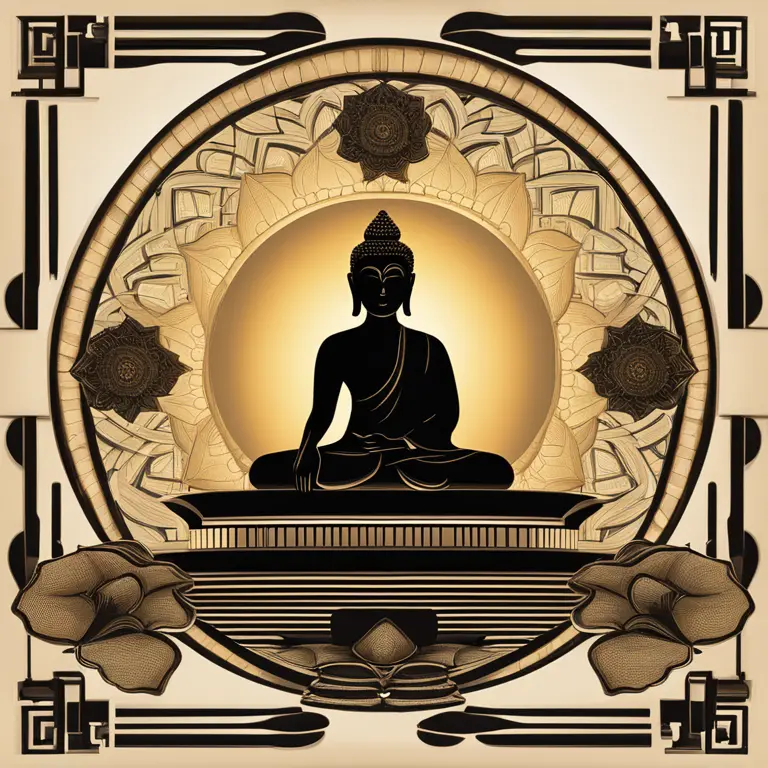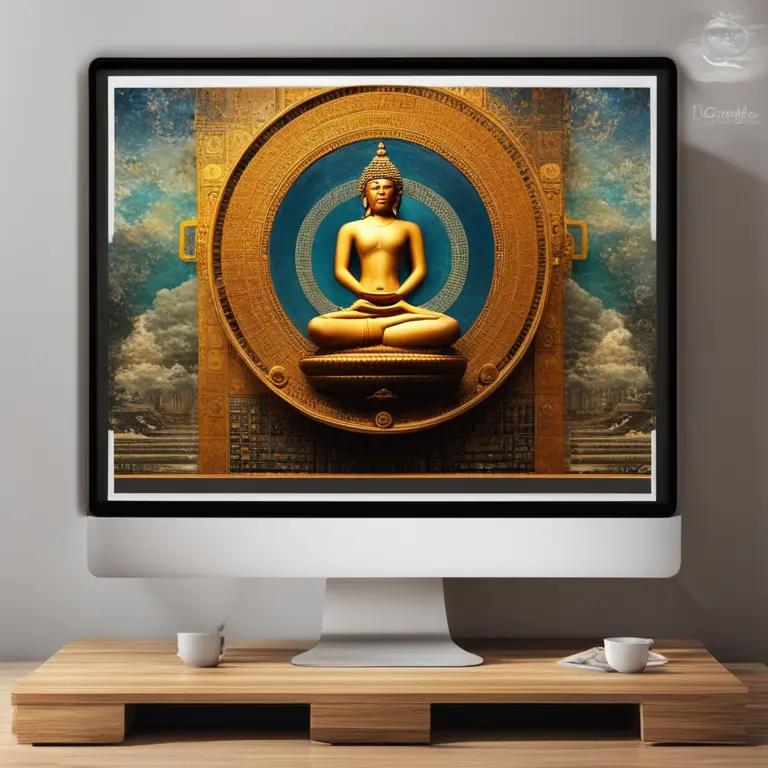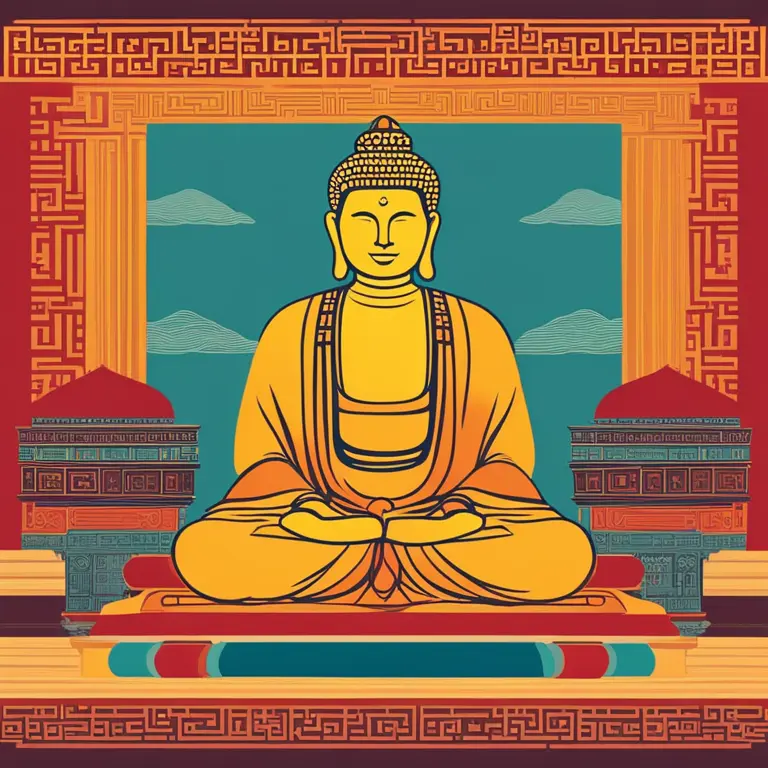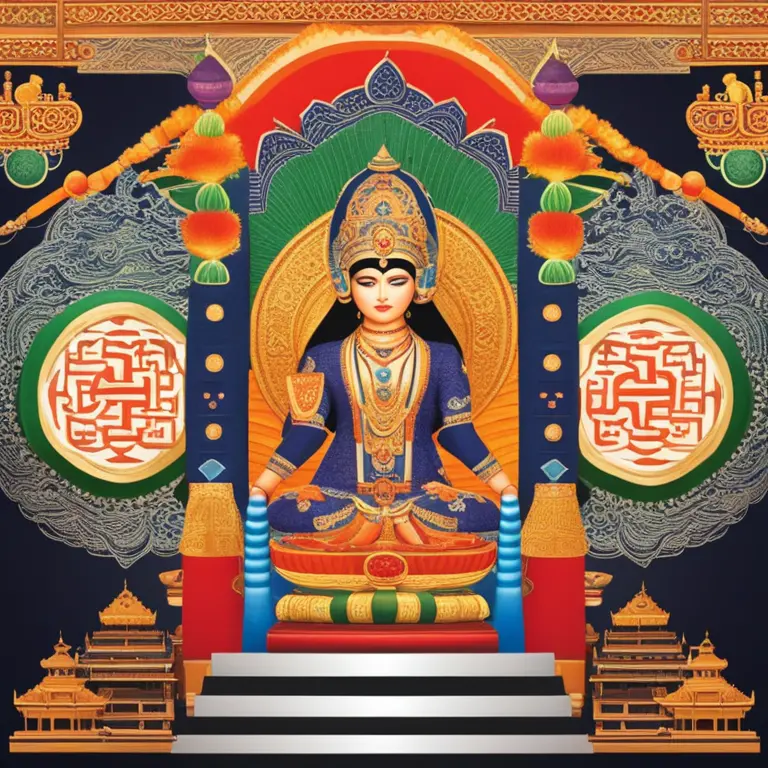
The Origins of Meditation: Tracing Its Historical Roots
Discover the historical origins of meditation, its transformation through time, and its profound impact on various cultures around the world in this insightful article.
article by Hina Kurosawa
The Dawn of Meditation
Meditation, a practice as ancient as human civilization itself, defies a single point of origin. While remarkable in its universal appeal across cultures and eras, pinpointing the precise individual or group that 'invented' meditation is akin to attributing the discovery of fire to a specific ancestor. Historical records demonstrate the presence of meditative practices in various forms within different ancient cultures, leading scholars to believe it emerged simultaneously but independently across the globe. The earliest documented instances reach back thousands of years, with references in Hindu scriptures like the Vedas of India around 1500 BCE and depictions in wall art from around 5000 to 3500 BCE suggesting even older roots.

Meditation in Ancient Civilizations
Beyond the subcontinent, other ancient civilizations also embraced meditation. The Chinese Taoist and Indian Buddhist traditions began practicing forms of meditation around the 6th and 5th centuries BCE. In Taoism, the quest for harmony with the Tao, the universal principle underlying everything, encouraged meditative techniques that promoted inner peace and longevity. Buddhism, founded by Siddhartha Gautama—the Buddha—placed meditation at the heart of its spiritual pursuit, advocating for mindfulness (sati) and concentration (samadhi) as paths to enlightenment.

Spread Across Cultures
Meditation's journey through history was not confined to the East. Early signs of meditative practices also appeared in the Western world. References to contemplative practices akin to meditation can be found among the Judeo-Christian traditions, with the practice of Hesychasm in Eastern Orthodox Christianity serving as an example from the Christian monastic tradition. Mystics from various backgrounds, from Desert Fathers to Sufi ascetics, have incorporated meditative practices into their spiritual routines, highlighting the universal human yearning for introspective silence and connection with the divine.

The Modern Era of Meditation
The evolution of meditation into its contemporary forms was catalyzed in the 20th century by cross-cultural exchanges. Masters like Maharishi Mahesh Yogi and Zen Buddhist teacher Shunryu Suzuki were instrumental in introducing meditative practices to the West. Subsequently, the late 20th century witnessed a scientific fascination with meditation, attributing to it benefits ranging from stress reduction to enhanced cognitive function, as proven by numerous studies. This merging of ancient wisdom with modern science has perpetuated meditation's popularity into the 21st century and beyond.

Meditation as a Modern Mainstay
In today's digital age, the relevance of meditation has only intensified, acting as an antidote to the relentless pace of modern life. With the onset of the digital revolution, apps and online platforms have made meditation accessible to wider audiences, offering guided sessions that range from traditional to modern variations. As people worldwide continue to seek balance amidst the chaos, the simple yet profound act of meditating has never been more significant. It serves as a bridge between the ancient art of self-reflection and the contemporary pursuit of wellness and mental health.
Published: 1/14/2024
Modified: 1/15/2024
More predictions
Come back here soon to learn more about yourself and your future


Calming the Storm: Mindfulness Meditation for Anger
Discover how mindfulness meditation can be a powerful tool for anger management, promoting inner peace and emotional balance.


Discovering Life with Meditation Mantras
Delve into the transformative power of meditation mantras to harmonize your mind, body, and spirit for a tranquil existence.


Mindfulness Meditation Basics for First Graders
Introducing foundational mindfulness meditation practices to instill calm and focus in first-grade students.